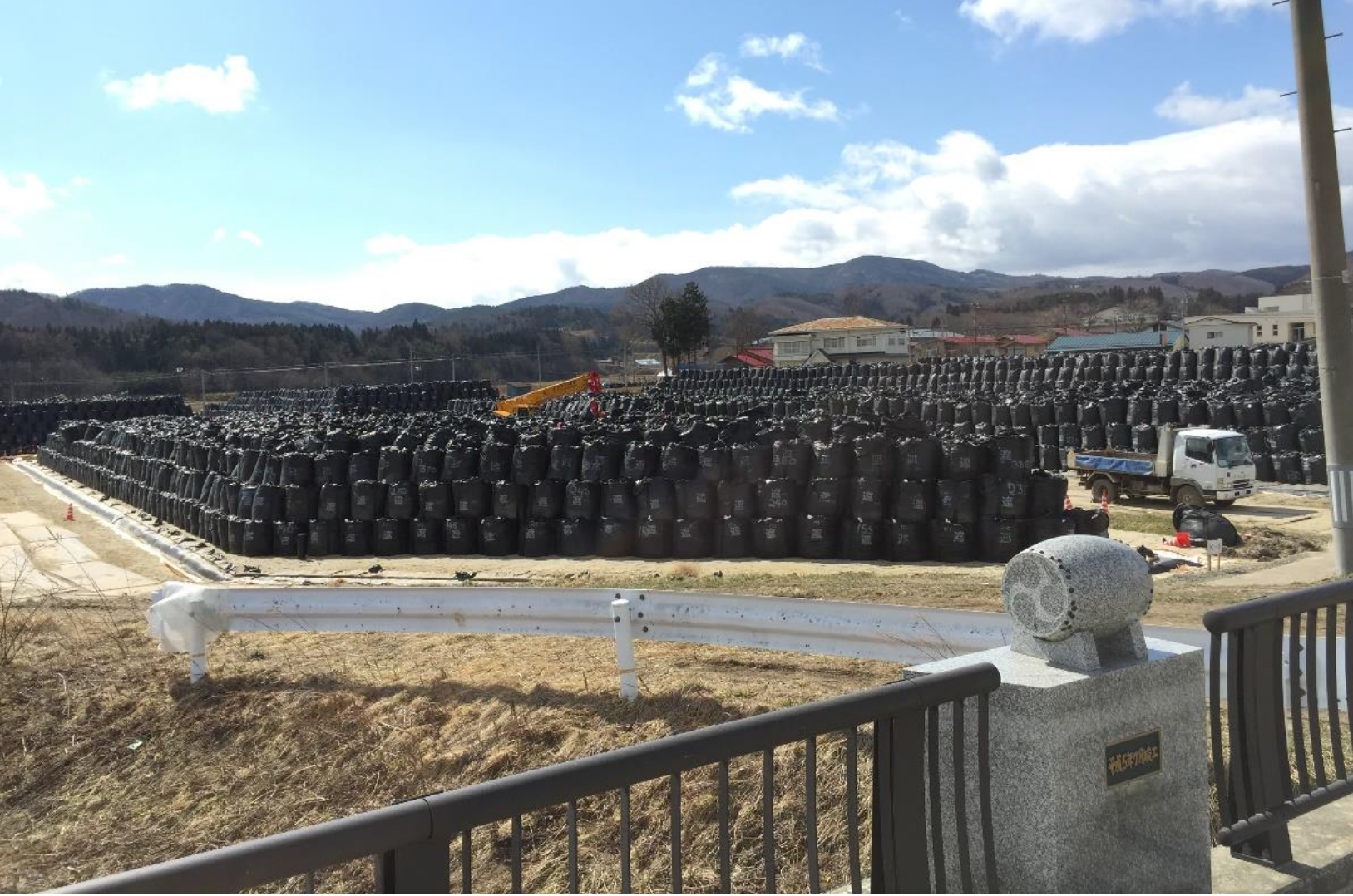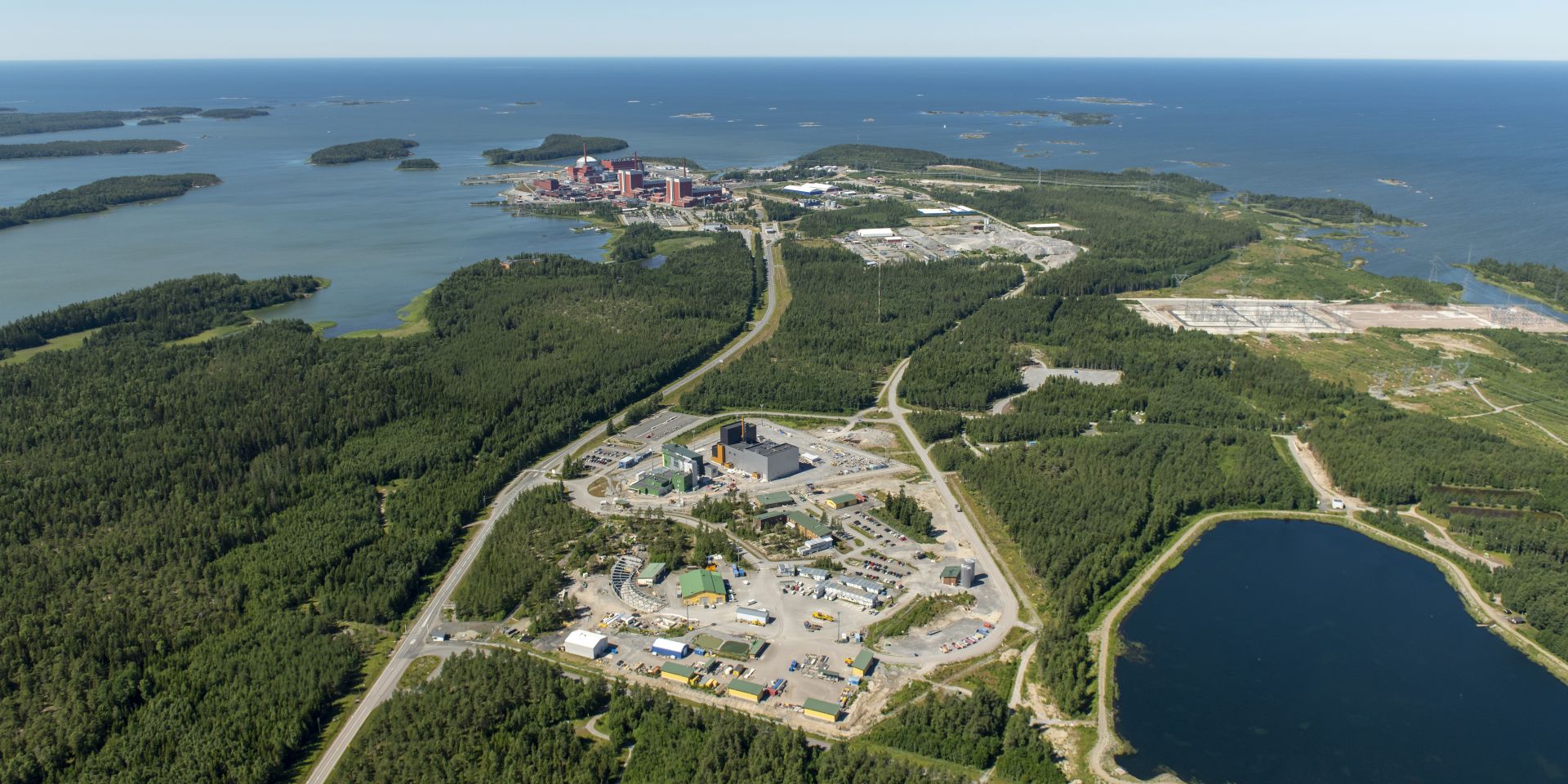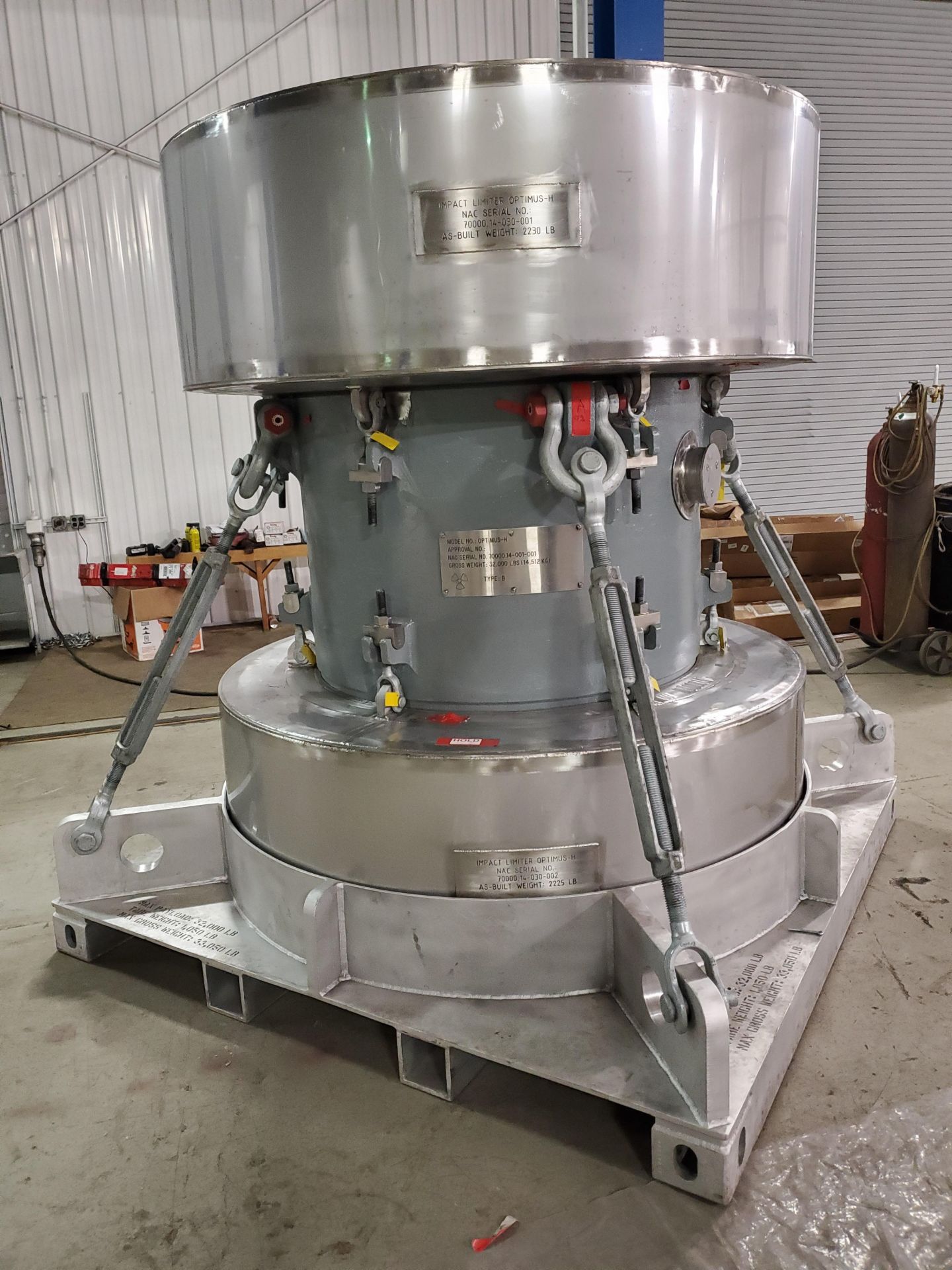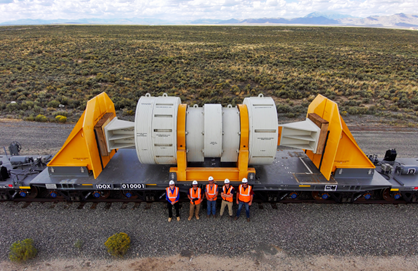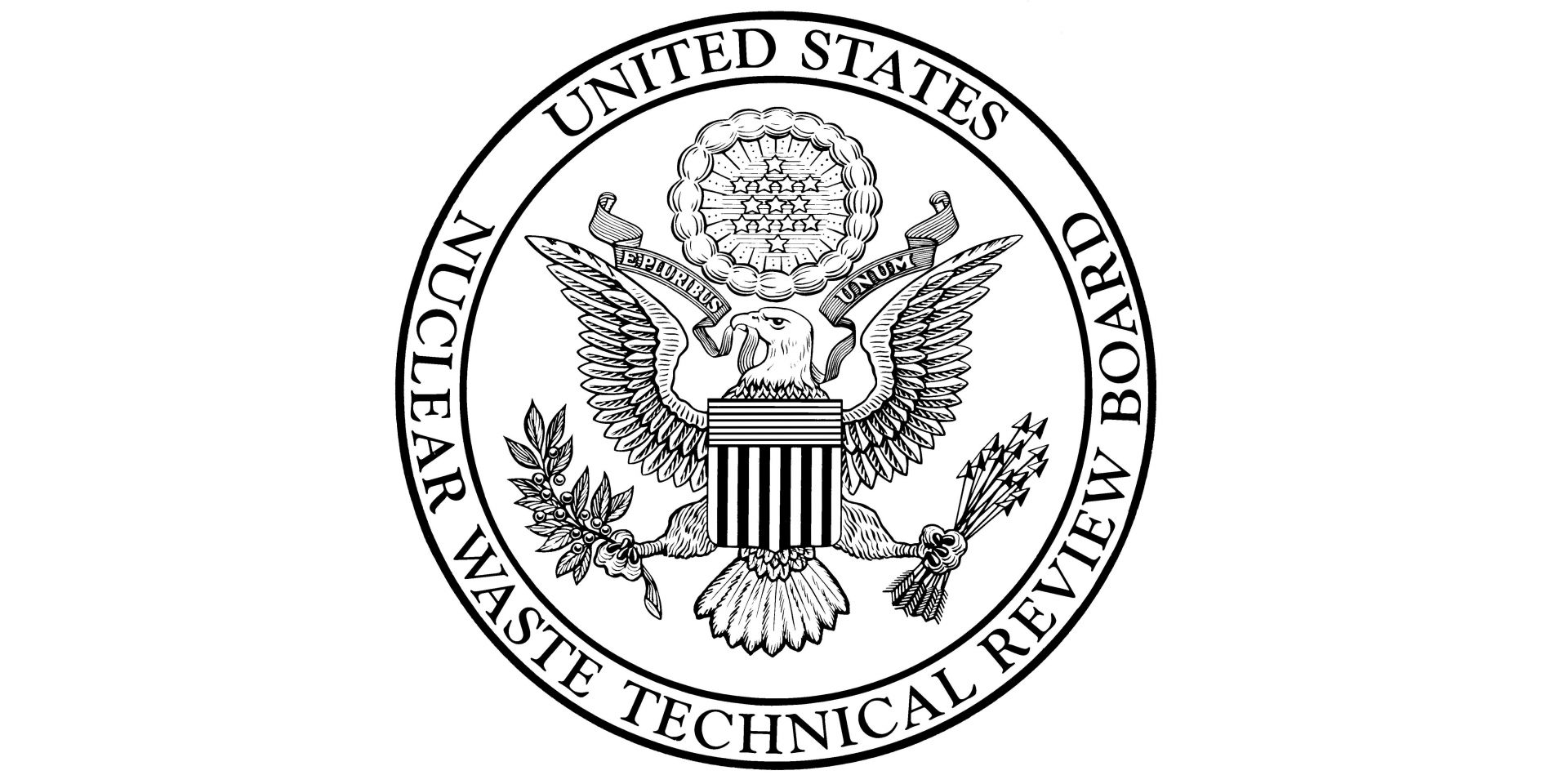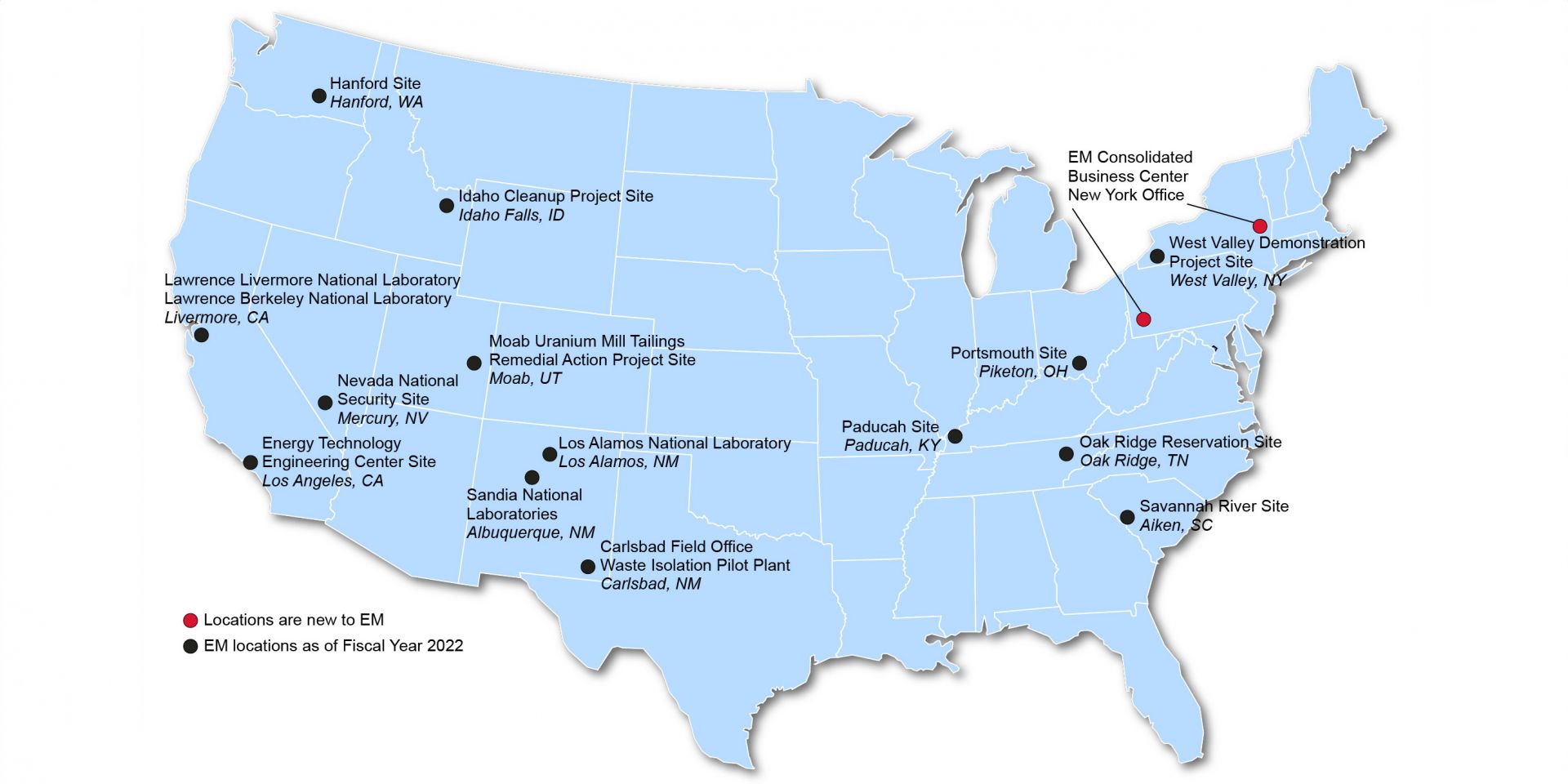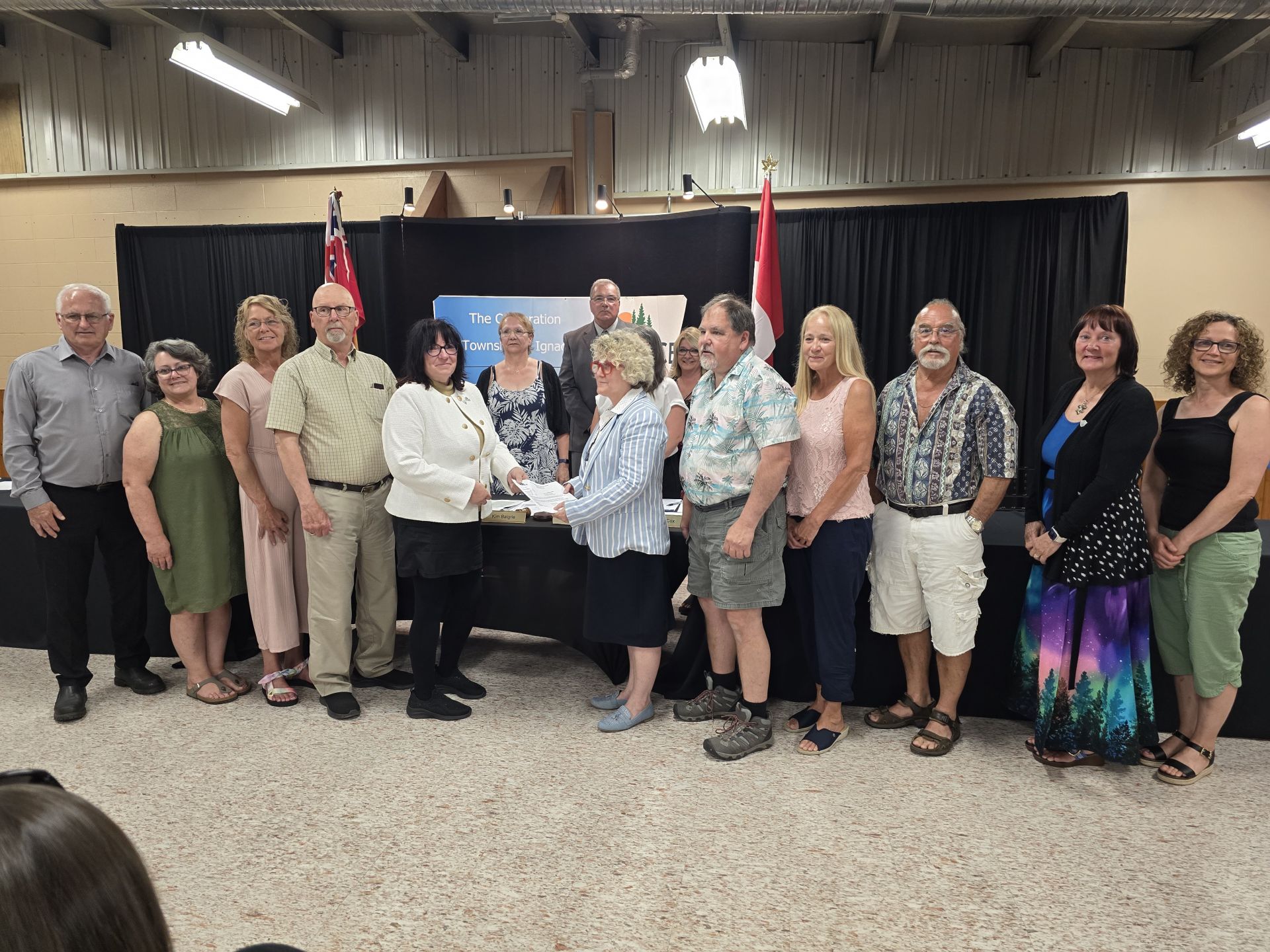Hanford’s HLW Facility under construction in early 2024. (Photo: Bechtel National)
The Government Accountability Office has recommended that the Department of Energy put a hold on construction of its High-Level Waste Facility at the Hanford Site near Richland, Wash. The GAO said design and construction of the facility, part of Hanford’s Waste Treatment and Immobilization Plant, also known as the Vit Plant, should be paused until several actions are taken, including considering other alternatives for managing the site’s high-level radioactive liquid waste.
Crews with the Idaho National Laboratory Site’s IWTU replace filter bundles inside the unit’s process gas filter. (Photo: DOE)
The Department of Energy’s Office of Environmental Management announced yesterday that waste processing operations have resumed at the Integrated Waste Treatment Unit (IWTU) at the Idaho National Laboratory Site. The resumption of operations follows the completion of two maintenance campaigns at the radioactive liquid waste treatment facility.
Radioactive decontamination waste is held in temporary storage in Iitate Village, Fukushima Prefecture, in 2019. (Photo: O. Evrard, J. P. Laceby, A. Nakao/Wikimedia Commons)
The International Atomic Energy Agency has found that Japan’s planned approach for recycling and disposing of soil and radioactive waste from decontamination activities after the 2011 Fukushima Daiichi nuclear accident is consistent with the agency’s safety standards.
Work begins on the TBI demonstration at the Hanford Site, during which 2,000 gallons of low-activity waste will be treated and shipped off-site for disposal. (Photo: DOE)
The Energy Communities Alliance (ECA), which advocates for communities adjacent to or impacted by Department of Energy sites, is asking the department to conduct an independent analysis evaluating the impacts of delaying the implementation of its statutory interpretation of high-level radioactive waste, which holds that some waste from the reprocessing of spent nuclear fuel may be classified as non-HLW.
SRS liquid waste contractor Savannah River Mission Completion will use drones equipped with cameras to inspect the cleaning status of waste tanks at the site. (Photo: DOE)
The Department of Energy’s Office of Environmental Management will begin using drones for the first time to internally inspect radioactive liquid waste tanks at the department’s Savannah River Site in South Carolina. Inspections were previously done using magnetic wall-crawling robots.
The site of the Onkalo deep geological repository near Eurajoki, Finland, with the Olkiluoto nuclear power plant in the background. (Photo: Posiva)
Finland’s waste management organization Posiva announced that it has begun a trial run of placing spent fuel canisters in the Onkalo geologic repository, which is located near the Olkiluoto nuclear power plant in southwestern Finland. No spent fuel will be disposed of during the trial run, which is expected to last several months.
The Atlas railcar carries a simulated shipment of spent nuclear fuel during testing in September 2023. (Photo: DOE)
The Department of Energy has issued a request for information to gather input on its proposed package performance demonstration, which is intended to demonstrate the robustness of spent nuclear fuel transportation casks in hypothetical accident conditions. By simulating severe accident scenarios, the DOE said it intends to show to the public and stakeholders the safety and reliability of transporting SNF by rail, heavy-haul truck, and barge.
Locations of DOE-EM cleanup sites. (Map: GAO)
Despite efforts to increase hiring, the Department of Energy’s Office of Environmental Management continues to be understaffed, according to a recent Government Accountability Office report. The GAO found that, at the end of fiscal year 2023, DOE-EM had 263 vacant positions across its headquarters, cleanup sites, and EM Consolidated Business Center—a vacancy rate of 17 percent. The office is responsible for the cleanup of the environmental legacy waste resulting from decades of nuclear weapons production and government-sponsored nuclear energy research.
The NWMO’s Laurie Swami (center right) congratulates Ignace mayor Kim Baigrie (center left) on the community’s confirmation of its willingness to host a deep geologic repository for Canada’s spent nuclear fuel. (Photo: NWMO)
The township of Ignace in northwestern Ontario has indicated its willingness to host a potential deep geologic repository for Canada’s spent nuclear fuel. The town council voted unanimously on July 10 to pass a resolution indicating its willingness to participate in the Nuclear Waste Management Organization’s (NWMO's) process for selecting a repository site, making it the first Canadian community to officially move forward with the next phase of a site selection process that began in 2010.
The waste management panel, from left: moderator Todd Allen, Fred Dilger of Nevada, Katrina McMurrian of the NWSC, the DOE’s Paul Murray, Jenifer Shafer of ARPA-E, and Kuhika Gupta of the University of Oklahoma. (Photo: ANS)
With increasing demand for clean, reliable, and safe sources of energy, the conversation around nuclear energy is changing. And so too is the conversation around nuclear waste, even as the country struggles to find a path for the disposal of its spent nuclear fuel and high-level radioactive waste. From community engagement, to recycling, to existing success around other forms of nuclear waste management, the conversation around nuclear waste has many different angles, and an executive session of the American Nuclear Society’s 2024 Annual Conference in Las Vegas aimed to delve into some of those discussions.
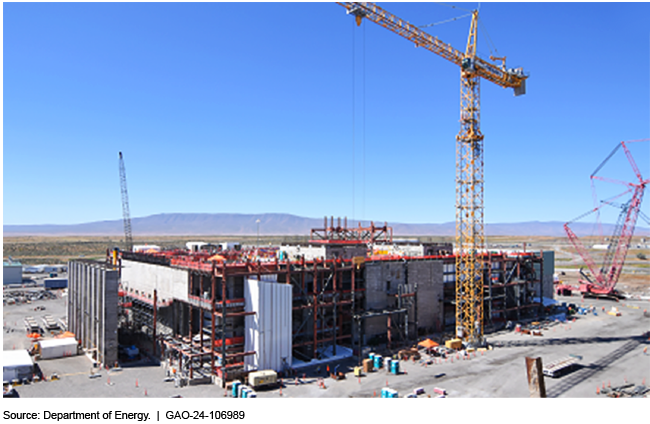


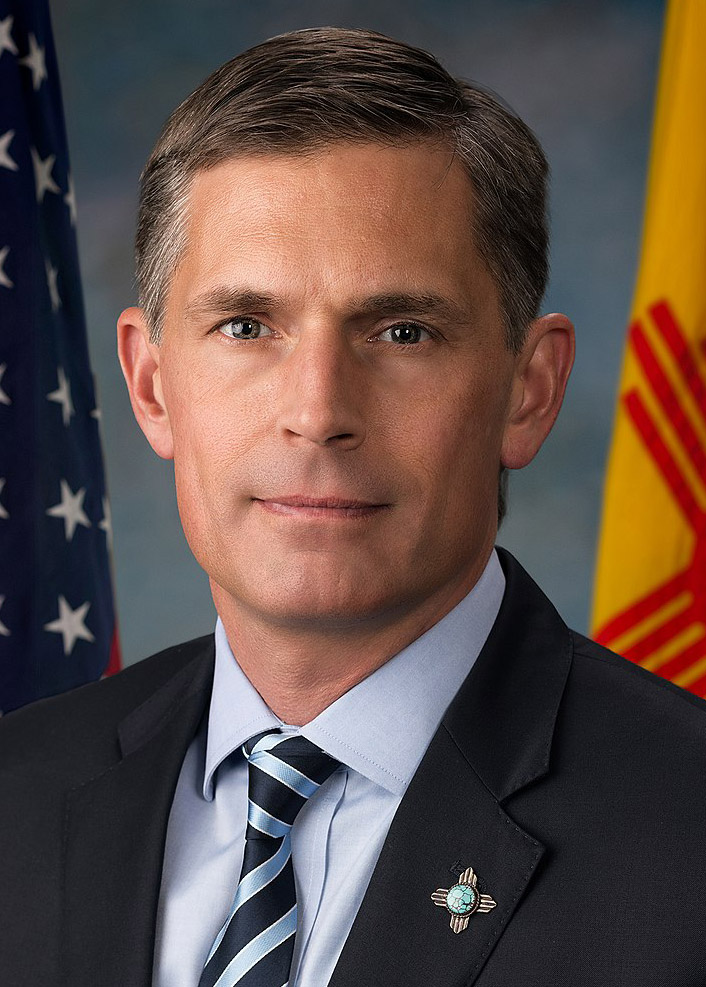

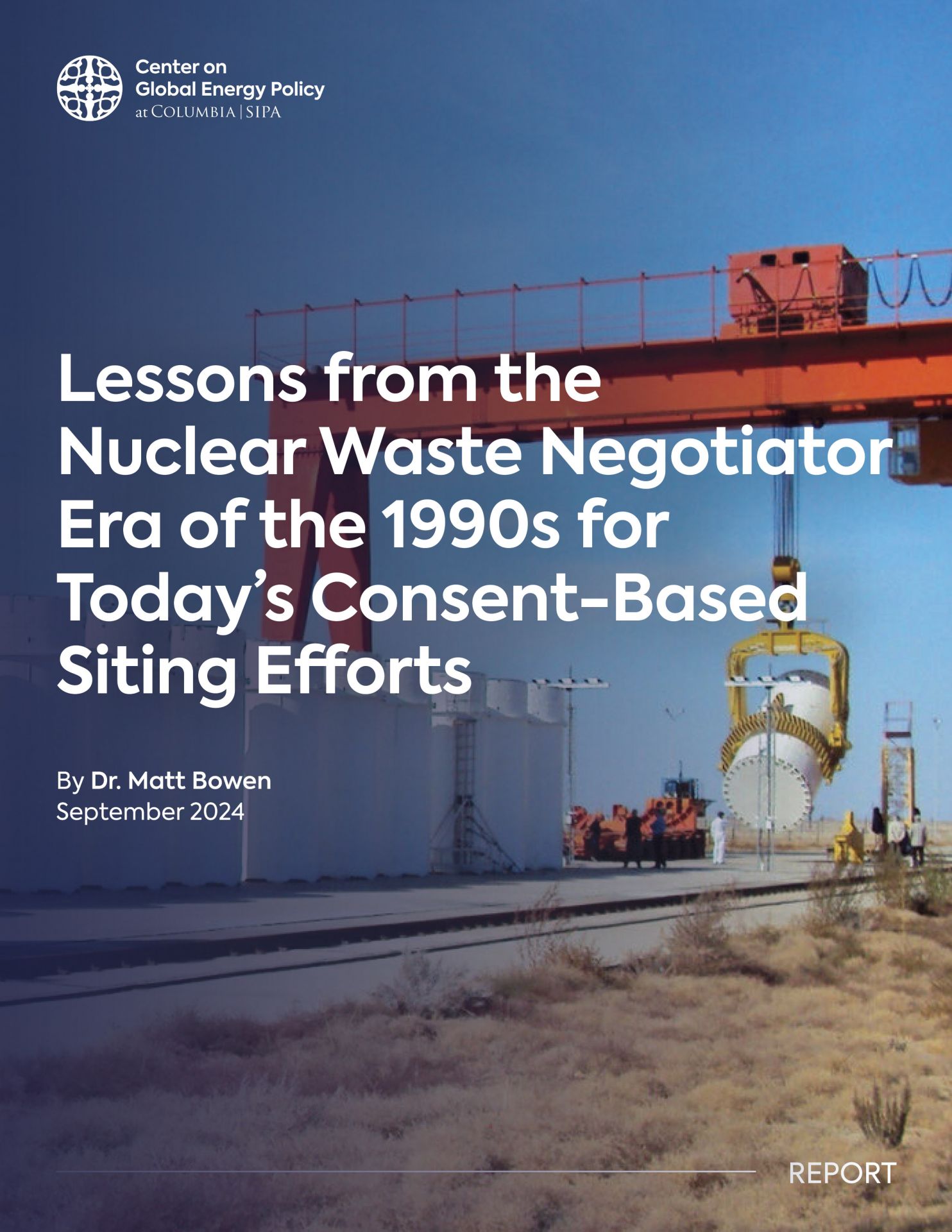 As the Department of Energy embarks on its consent-based process for siting a geologic repository for spent nuclear fuel and high-level radioactive waste, a new report from the Center on Global Energy Policy at Columbia University SIPA highlights relevant lessons from the federal government’s now defunct Office of the Nuclear Waste Negotiator.
As the Department of Energy embarks on its consent-based process for siting a geologic repository for spent nuclear fuel and high-level radioactive waste, a new report from the Center on Global Energy Policy at Columbia University SIPA highlights relevant lessons from the federal government’s now defunct Office of the Nuclear Waste Negotiator.